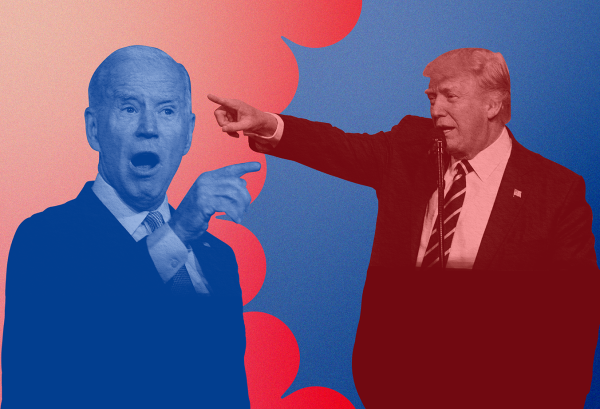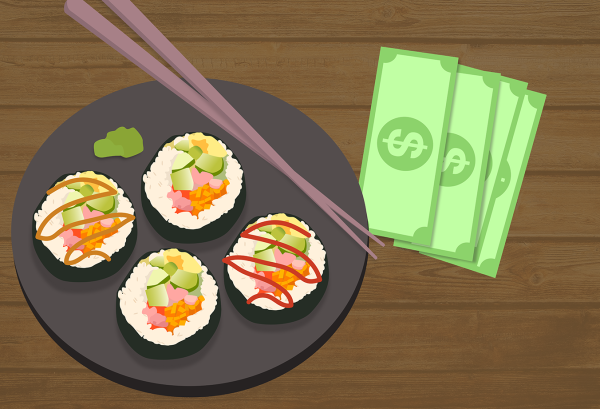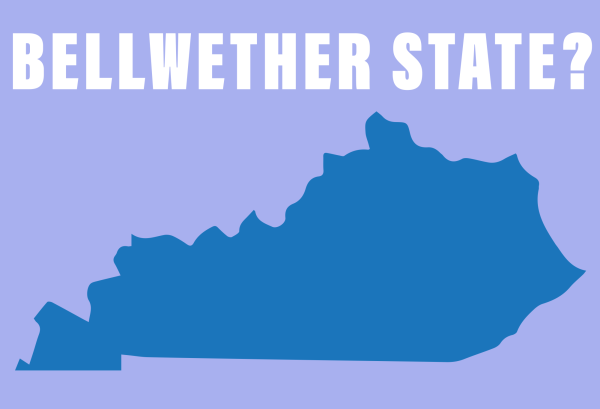Taco Literacy hosts dialogue on race

Marjorie Kirk, News Editor
February 6, 2016
White people don’t understand racism. This might seem like a generalization, based on stereotypes of ignorant meatheads sporting American and Confederate flags on their pick-ups, or two women gossiping about Sir-Mix-a-Lot’s “Baby Got Back” video.
But, it’s sadly not. Even if we aren’t the insensitive stereotypes, we will never have the first-hand experience to fully comprehend minorities’ disenfranchisement by our government, society and ancestors.
That doesn’t mean we shouldn’t try to listen to their perspectives and try to see history through their eyes. To do this, white people will need to hear the narrative from someone who actually lives it.
Writing, rhetoric and digital studies professor Stephen Alvarez’s class “Taco Literacy: Public Advocacy and Mexican Food in the U.S. South” is one of those narratives. And yet it is already being misconstrued by students on this campus as a joke. One might think, “A class on tacos, will I finally learn the proper way to put ground beef into a hard shell tortilla?”
Comments like these circulate around campus and stifle the poignant message of a group that has lacked representation in American literature, film and the arts.
What’s more frustrating is the hasty reply from “advocates” for equality who make assumptions about confusing messages because they don’t understand the motivation and message behind them (for example, the assumption that the class reduces Mexican culture to tacos).
Comments like this don’t come from Latino students. They are from students who haven’t talked to Latino students about what they think of the class or what they think about how their culture is taught and captured in American literature, film and art.
When people assume that paintings of immigrants working on plantations are a racist representation of Mexicans, they probably don’t think of the reverent representations of immigrant workers whom Diego Rivera captured. His pieces are celebrated because he captured his subjects in context.
When students make assumptions about lifestyles and experiences to which they have never been exposed, they promote ignorance.
It’s true that Americans have bastardized Mexican culture with poor imitations like Chipotle and Taco Bell, and we continue to limit accurate representations of other cultures in film and other media.
But if our students hastily judge and insult courses that are finally capturing culture from the perspective of its people, then they don’t understand that they are not inclusive, and they are actually promoting racism.
Marjorie Kirk is the news editor of the Kentucky Kernel.
Email [email protected]























































































































































